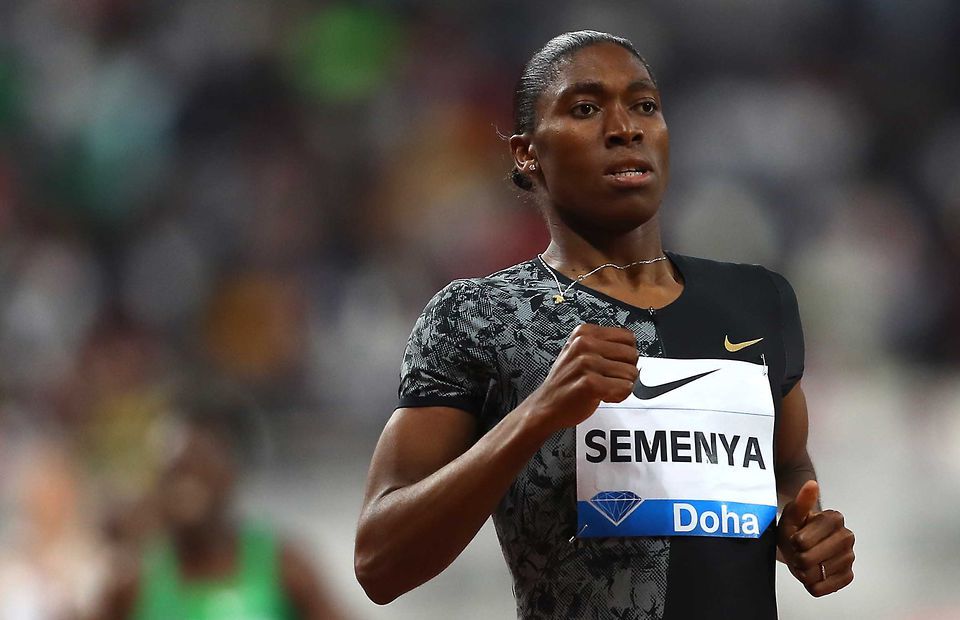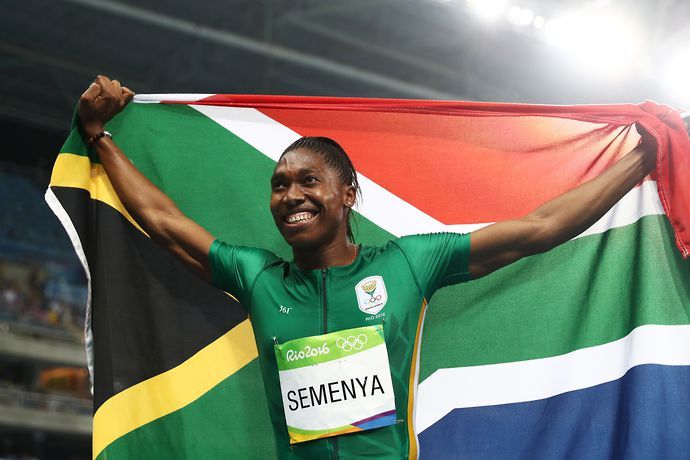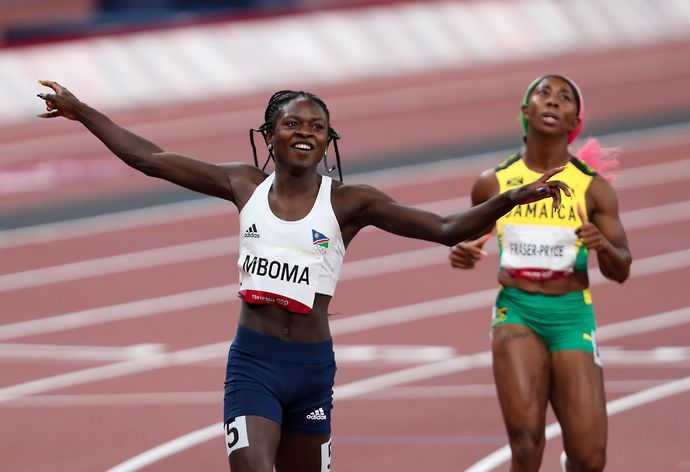World Athletics has said it will maintain its regulations on athletes with differences of sex development, despite the International Olympic Committee issuing new guidelines on the matter.
The IOC issued a new framework for transgender and DSD athletes yesterday, replacing the guidelines that have been in place since 2015.
The guidelines have suggested that transgender women should no longer be required to reduce their testosterone levels to compete in the women’s sport category.
They also conclude that there should be no presumption that trans women have an automatic advantage over natal women in sport.
The IOC previously recommended trans women suppress their testosterone levels to under 10 n/mol per litre for at least 12 months to compete, but this policy was deemed no longer fit for purpose earlier this year.
It is up to individual sports to determine their own rules, however, with the IOC guidelines only intended as a recommendation.
An International Federation can still impose restrictions on transgender women and athletes with DSD, if it is needed to ensure fair and safe competition.
Subsequently, World Athletics told The Guardian that it would not be changing its regulations, meaning Caster Semenya would still be unable to compete between 400 metres and a mile.
The World Athletics regulations, implemented in 2018, prohibit athletes with DSD from competing between those distances unless they take hormone-reducing drugs.
South Africa’s Semenya, a two-time Olympic gold medallist in the 800m, refused to take hormone-reducing drugs and was subsequently not able to defend her title at Tokyo 2020.
After unsuccessful appeals at the Court of Arbitration for Sport (CAS) and Switzerland’s Federal Supreme Court, the 30-year-old is currently awaiting a hearing at the European Court of Human Rights.
Namibia's Christine Mboma was also forced to drop down to the 200m at Tokyo 2020, after DSD regulations left her unable to contest her favoured 400m. The 18-year-old still earned a silver medal over the shorter distance.
"What we’re saying now is you don’t need to use testosterone at all," said IOC medical director Richard Budgett. "But this guidance is not an absolute rule.
"So we can’t say that the framework in any particular sport, such as World Athletics is actually wrong.
"They need to make it right for their sport and this framework gives them a process by which they can do it, thinking about inclusion and then seeing what produces disproportionate advantage."
The IOC’s new framework has been praised by Human Rights Watch, who described the guidelines as a "significant step toward protecting the dignity of all women athletes".






















